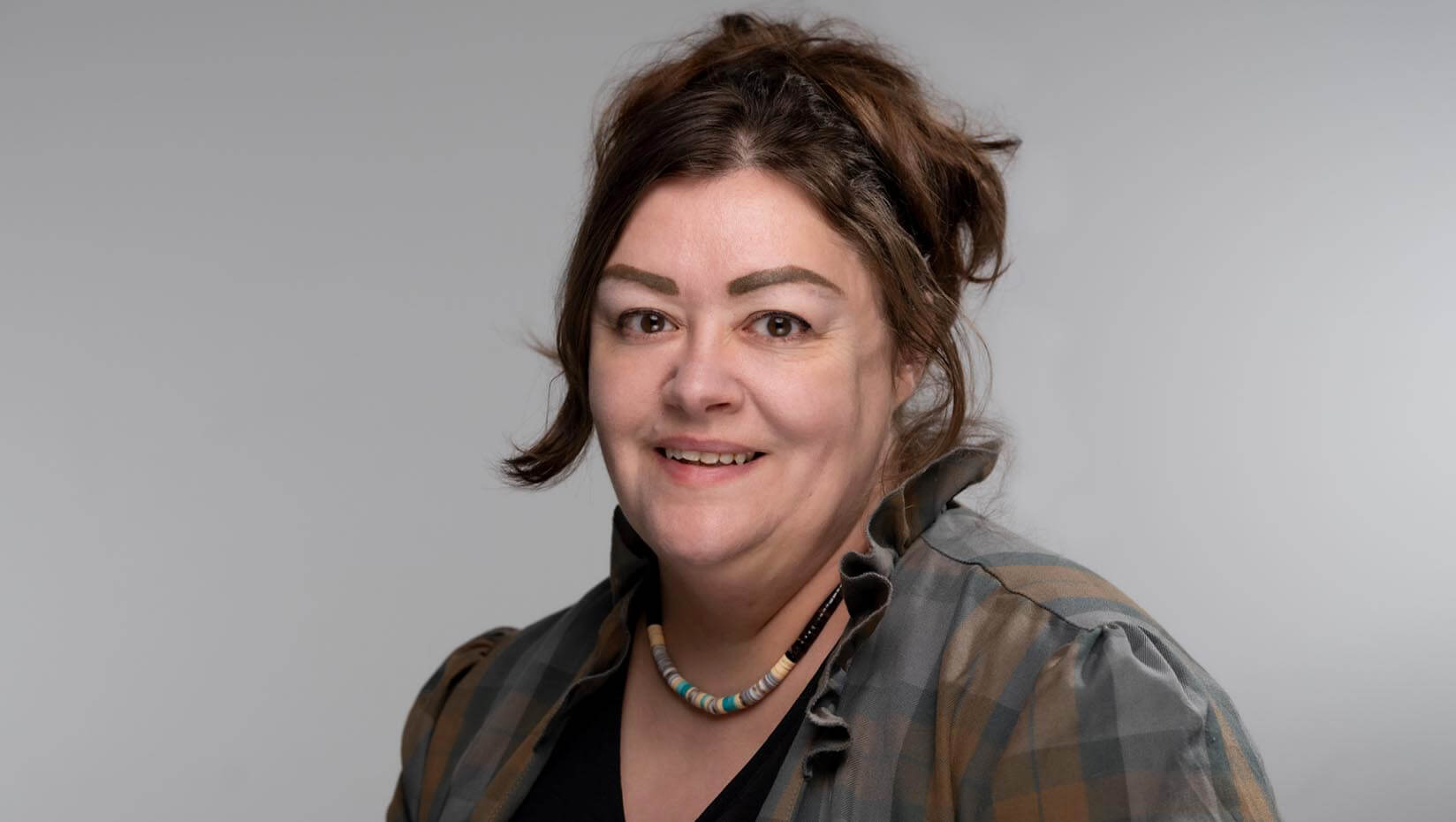
Tobey Crawford Connor: Outstanding Graduating Student
Tobey Crawford Connor of Sullivan, Maine, is the Outstanding Graduating Student in the Division of Lifelong Learning. She is a university studies major in the Maine studies track. Connor completed an internship in 2022 with the Sullivan-Sorrento Historical Society, which led to her part-time job as communications coordinator for the organization. Her academic research focuses on Downeast Acadia prior to New England settlement in 1760, including facets of Passamaquoddy life and culture through both occupations. She is a member of the Phi Kappa Phi and Alpha Sigma Lambda honor societies. Connor plans to continue her University of Maine education as a graduate student in the history department. She will continue her research on Downeast Maine and the Borderlands, which will complement her work at the historical society and within her community.
Why did you choose to come to UMaine?
The Maine studies program and interdisciplinary approach were the biggest draws for me, and Maine studies is unique to UMaine. The Native American studies program is equally important to me for its focus on the Wabanaki. The faculty here have achieved some great things, the research is top-notch and it’s close to home. I’m proud to be a part of it.
How would you describe the academic atmosphere at UMaine?
It feels very comfortable both online and in person. The faculty and students are welcoming and approachable, which is especially helpful to a nontraditional student like me who returned to school after a two-decade hiatus. The atmosphere is supportive and cooperative rather than competitive, so the sense of community is strong.
Describe any research, internships, or scholarly pursuits in which you have participated.
In the summer of 2022, I did an internship with the Sullivan-Sorrento Historical Society working with digitizing the archives, which led to a part-time job as communications coordinator. I’m very interested in our history here and have focused my academic research on Downeast Acadia prior to New England settlement in 1760 along with facets of Passamaquoddy life and culture through both occupations.
How have they prepared you for future opportunities in your chosen field?
The internship is what really pulled things together for me because I’ve loved doing archival research since I was a teenager. Discovering the treasure trove of information available in our small coastal towns, and the desperate need for people to not only preserve that but to bring it to the public as part of reviving and continuing our cultural heritage put me on a firm path. I’ve since become vice president of our historical society and have made collaborative relationships a priority.
Beyond academics, what extracurricular activities have occupied your time?
I stay busy volunteering with the historical society as well as our local recreation center. It may sound cheesy, but doing research and learning have always been enjoyable hobbies for me so I spend a lot of time reading things that are relevant to our area. Exploring the endless miles of shoreline and woods is medicine for me. At home I have two teenage sons, my husband and a bevy of pets to spend quality time with.
Have you worked closely with a mentor, professor or role model who made your time at UMaine better, and if so, how?
I’ve made some great connections with some of my professors, and I would welcome the chance to work with them anytime. I credit Dr. Mary Okin for her enthusiasm in the subject of French Acadia and her classes for inspiring my own interest in that part of Downeast history. She really encouraged me to go after new things and not be afraid to dig up old things and bring them to light with new perspectives.
Did you have an experience at UMaine that shaped or changed how you see the world?
Every class I’ve taken at UMaine has changed how I see things because with every new thing you learn, you can apply that to other things you know and reconsider all of it. That’s part of the joy of learning, that it doesn’t just apply to one area or fit in a specific box – the interdisciplinary application of it ripples out and touches everything you think you know, which in turn fuels curiosity perpetually.
Describe UMaine in one word and explain.
Innovational, because of the school’s history of being able to adapt to changing times and needs, and how it continues to grow in so many ways today.
What are your plans for after you graduate?
I’m looking forward to continuing at UMaine in the Graduate School as a history major with my research on Downeast Maine and the Borderlands. Continuing to build experience in public history will go hand in hand with my work at the historical society and in our communities.
Contact: Shelby Hartin, shelby.hartin@maine.edu
